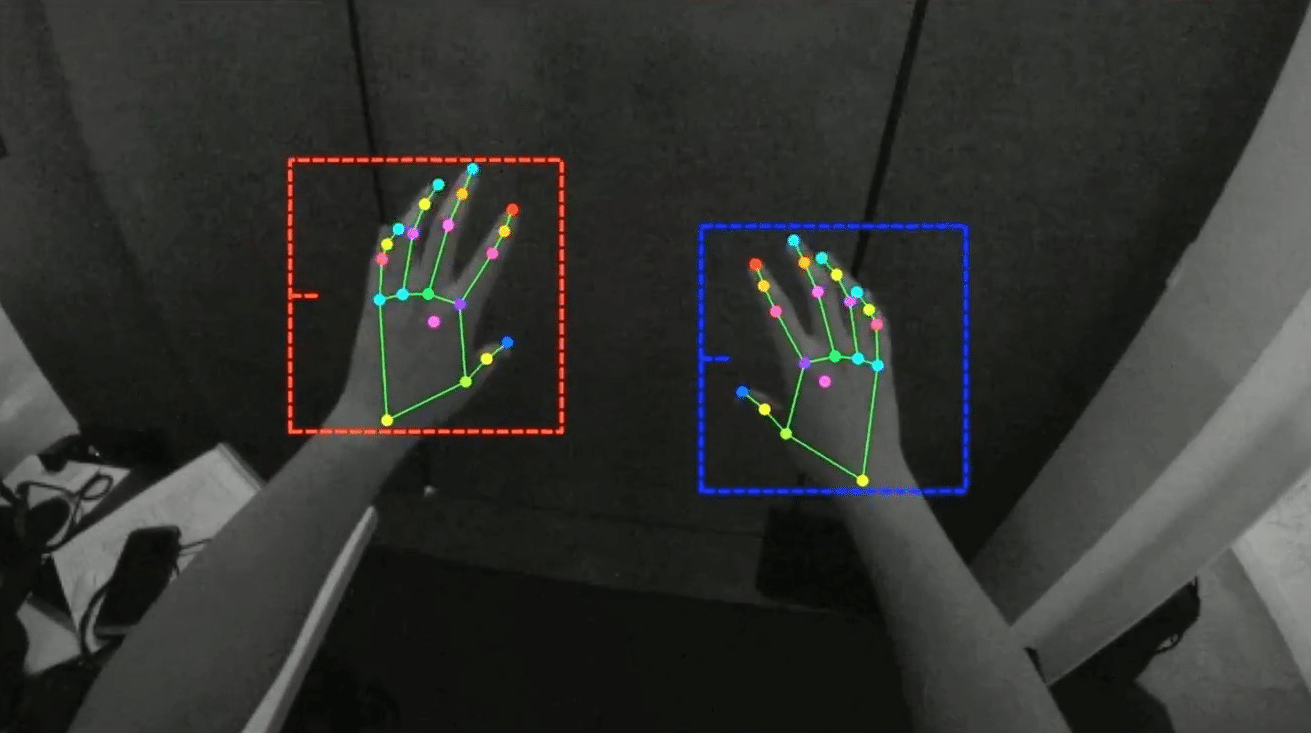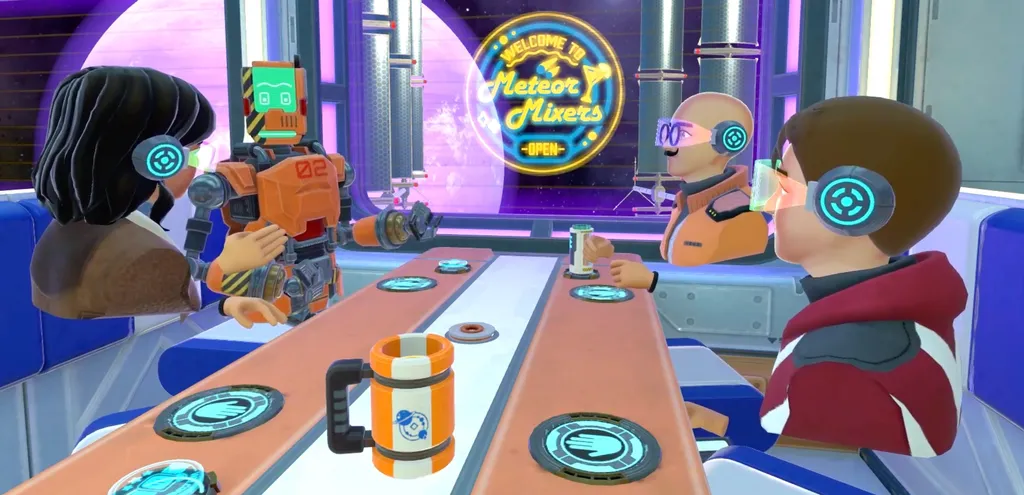Devin Reimer's AstroBeam is picking up where he left off at Owlchemy Labs as he works toward more impactful VR characters powered by large language models.
Reimer was co-founder and technical lead at Owlchemy Labs where he made Job Simulator and Vacation Simulator. The games, acquired by Google along with the studio back in 2017, feature simple JobBots who give players their tasks and seem startled if you toss an object at them. Otherwise, they’re largely non-responsive by design. The approach to VR software has proved endlessly replayable, keeping the two games among the highest selling and most downloaded in VR headsets many years after release.
"Non-playable characters in VR have been very important to me," Reimer wrote over direct message. "The bots in those games were designed to maximize expressiveness and fit within the world given the constraints and limitations on input. NPCs have all had a fundamental limitation on input. The biggest missing one being voice."

In a new video from AstroBeam, Reimer shows an attempt to grow far beyond a jobbot or chatbot with three people co-located by headset into the same virtual space together and a fourth avatar in the space representing an embodied agent who can carry on a conversation with the humans in the room.
"A problem with multiplayer virtual worlds is that they fall into one of two camps," Reimer wrote. "First they are public, so you are tossed into a mosh pit of humans. Most people hate this and rightfully so this isn’t how the real world works. Or they are private, but then those feel really empty because people don’t have a lot of VR friends and they aren’t online all the time."
Reimer frames the agents that AstroBeam is building now, driven by large language models, as providing "the perfect middle ground."
"The NPC can set the tone for the voice experience," Reimer wrote. "There's also variety of personality. You and your friends being able to join in a conversation or task with a variety of different personalities is fun and engaging."
AstroBeam has big ambitions, then, with agents in VR spaces who have memory and feel like "part of the world" rather than just being "a thing in it."
"Turns out having only a chat bot isn’t that interesting," Reimer wrote. "One that understands the world, can react, and have emotion is where your brain really buys in."





























